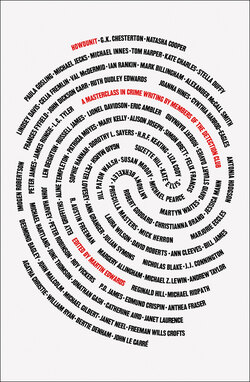Читать книгу Howdunit - Группа авторов - Страница 17
Finding Ideas Freeman Wills Crofts
ОглавлениеIf we’re lucky we shall begin with a really good idea. This may be one of five kinds. Firstly, it may be an idea for the opening of our book: some dramatic situation or happening to excite and hold the reader’s interest. The standard way of finding a body in the first chapter, if hackneyed, is hard to beat.
Secondly, our idea may be for the closing or climax of our book. This must also be dramatic. As an example I suggest the well-known situation in which Tom, who thinks Jack is dead and has impersonated him, is unexpectedly confronted with Jack in a police office or court of law.
Our idea, thirdly, may be for a good way of committing a crime, probably a murder. It should be novel and ingenious – but not too ingenious – and if possible concerned with things with which the man in the street is familiar. This is probably the most usual way of starting work on a book. Every detective fan will think of dozens of examples.
A fourth kind of idea on which to build a book is that we shall write about some definite crime, such as smuggling, gun-running, coining, arson, or frauds in high finance.
Lastly, our idea may be simply to place the action in a definite setting, such as a mining setting, or a golf or fishing setting, or to lay our scenes in a certain place: a bus or an office, an opium den or Canterbury Cathedral.
We may of course build our book on some idea which does not fall under one of these heads. For instance, Dr Austin Freeman’s book, The Red Thumb Mark, was probably built on the idea that a fingerprint is not necessarily convincing evidence.
This then is the first stage in our work: getting the idea to start on. Our second stage is more difficult: we have to build up the plot on our idea.
We do this in a very simple, but very tedious way: we ask ourselves innumerable questions and think out the answers. One question invariably leads to another, and as we go on our plot gradually takes shape.
Nicholas Blake – the poet Cecil Day-Lewis – began writing ingenious Golden Age puzzles to earn some extra cash in the 1930s, but as time passed became increasingly ambitious as a detective novelist. Introducing an omnibus edition of his finest stories, he explained their diverse origins. Unluckily for him, one clever idea had already occurred to another crime writer, who later became a colleague in the Detection Club.
